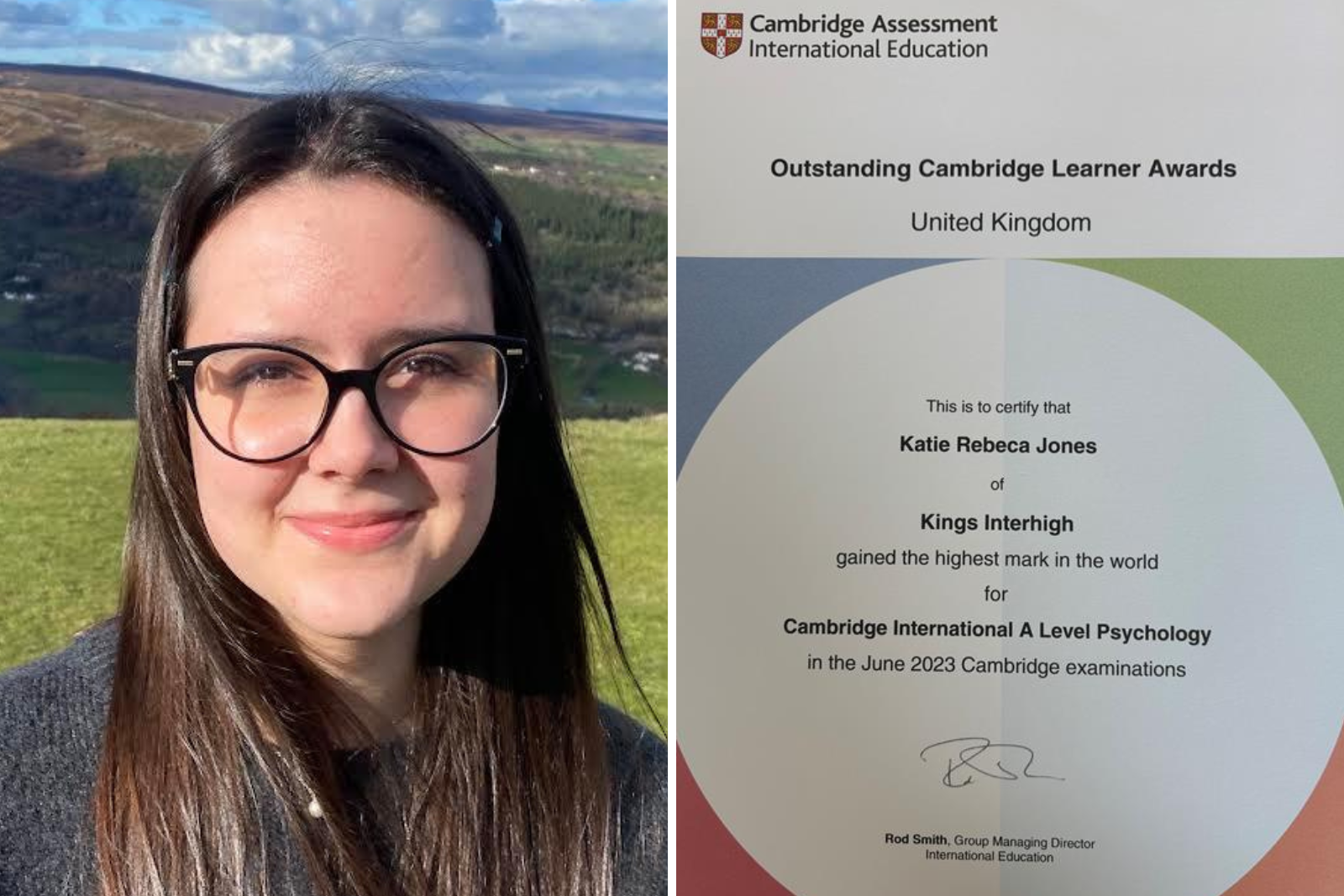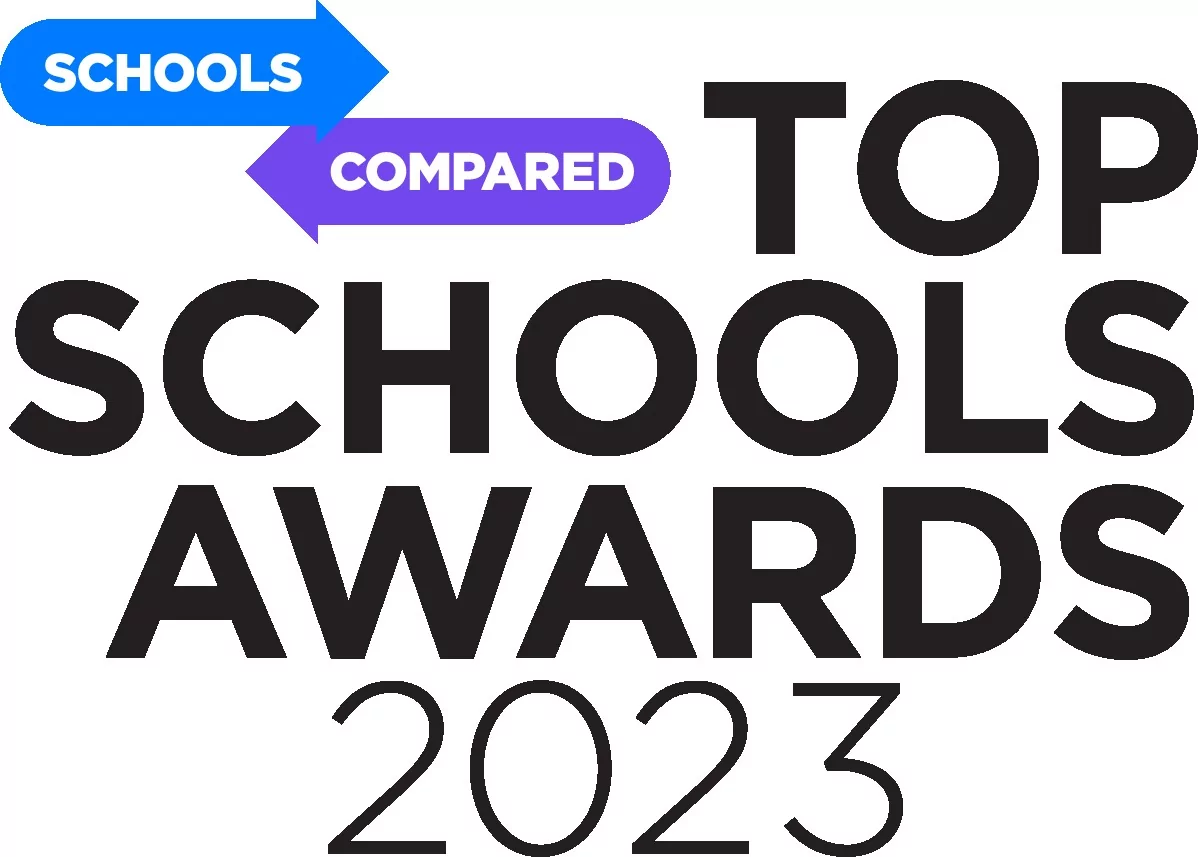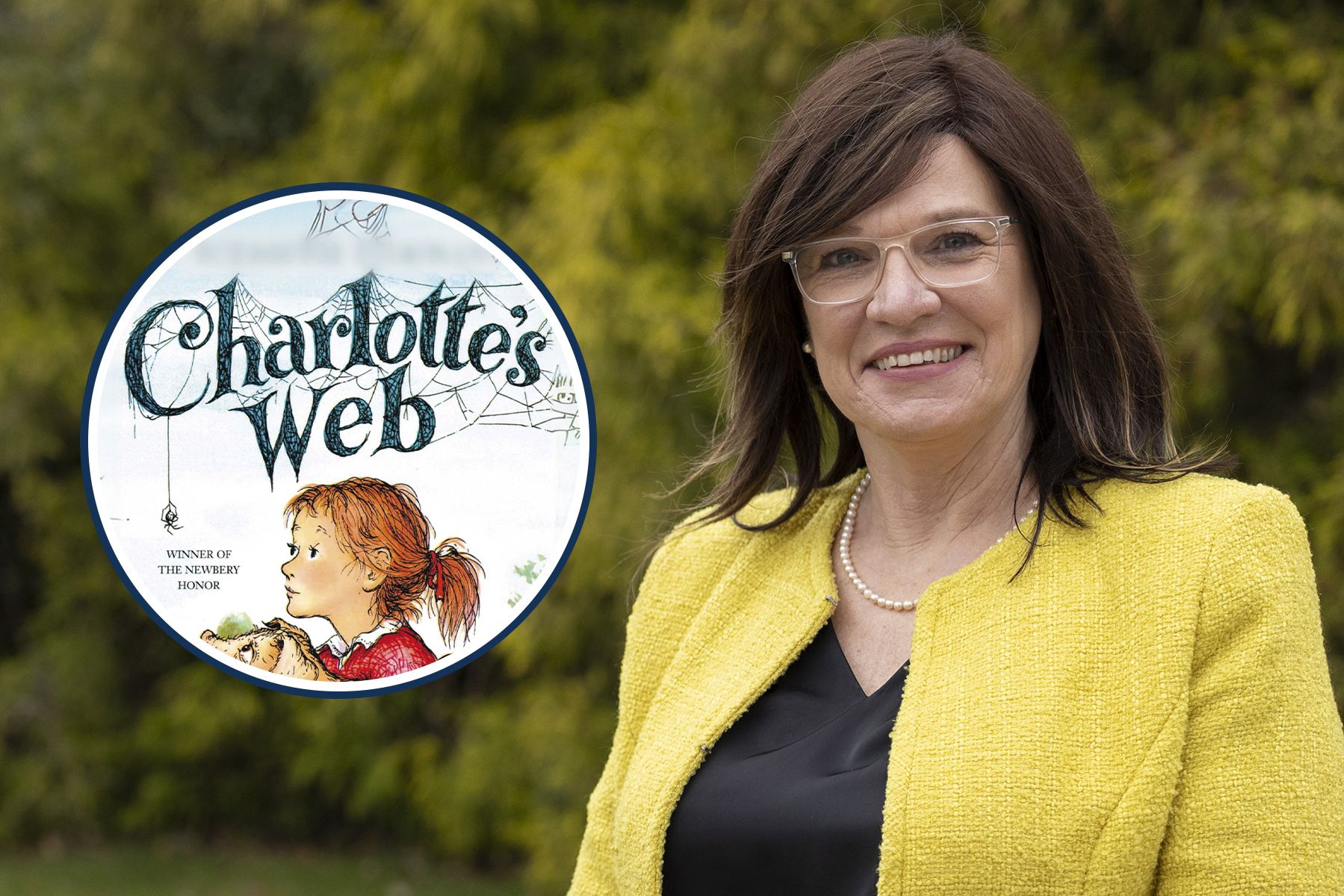
Article September 25, 2023
Why reading really matters — from our Head of Primary School, Dr. Penny Alston
Reading daily to a young child can help to create a love of reading for life, which is why we encourage our parents and carers to make reading a key part of their child's daily routine. Alongside developing academic skills, boosting creativity, and broadening a child's understanding of the world, reading is also a wonderful way to improve the parent-child bond.
Sadly, however, recent research shows that more than 50% of today’s young people don’t enjoy reading in their free time. That’s why, beyond reading in school, it’s so important for children to develop a genuine love for books and stories.
I’m Dr. Penny Alston, Head of Primary School here at King’s InterHigh, and over my decades of experience in education, I have always emphasised the power of books for young children. Keep reading as I share with you why reading matters so much, the skills it builds, my top children’s book recommendations, and great book activities to get stuck into outside of school.
Why read?
More than just a beloved pastime, reading is a gateway to new worlds, new knowledge, and new ways to grow. Whether they’re listening to bedtime stories or reading independently, there are so many reasons for young children to get stuck into books. After all, reading helps us…
- Learn and appreciate new things
- Discover how the world works
- Go on adventures without leaving the house
- Travel back and forward in time
- Become more intelligent, both academically and emotionally
Reading inspires our young King’s InterHigh students every day — and there are so many good books out there to enjoy!
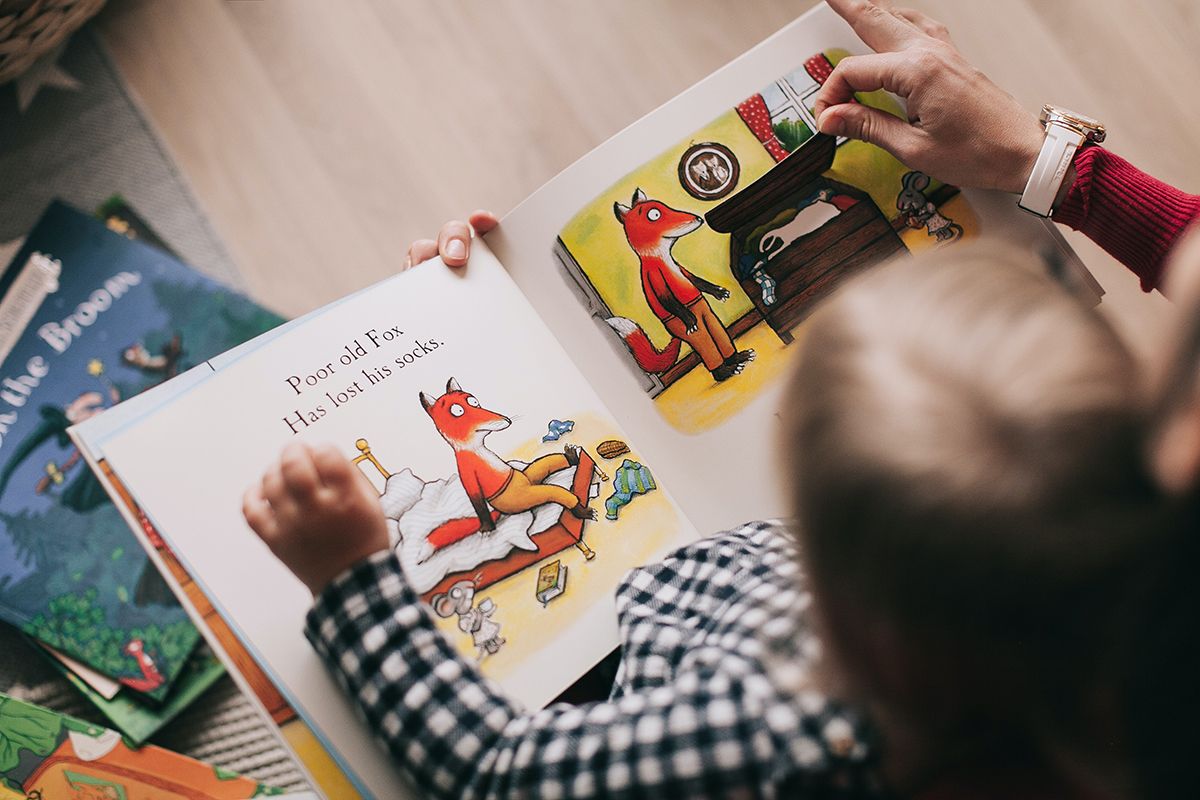
What skills does reading build?
The more your child reads, the more their vocabulary grows. Whether they hear the words spoken aloud or see them on the page, they’ll be learning how to use new terms and phrases in new ways. On top of that, they’ll develop the ability to communicate effectively in a wide range of situations. Reading helps boost writing skills too (especially when children read books written in a wide variety of styles), along with creativity, imagination, and the ability to concentrate and focus.
At King’s InterHigh, we develop seven essential skills and purposes for reading:
- Reading to search for simple information
- Reading to skim quickly
- Reading to learn from text
- Reading to integrate information
- Reading to write
- Reading to critique texts
- Reading for general comprehension
Each of these critical skills is multi-layered, and great educators (like our wonderful King’s InterHigh teachers) must understand them in-depth to teach them well throughout each student’s school journey.
5 popular, timeless reads to check out
Looking for a new book to read with your little one? Here are five books I’d recommend to any parent with a primary school-aged child:
The Very Hungry Caterpillar
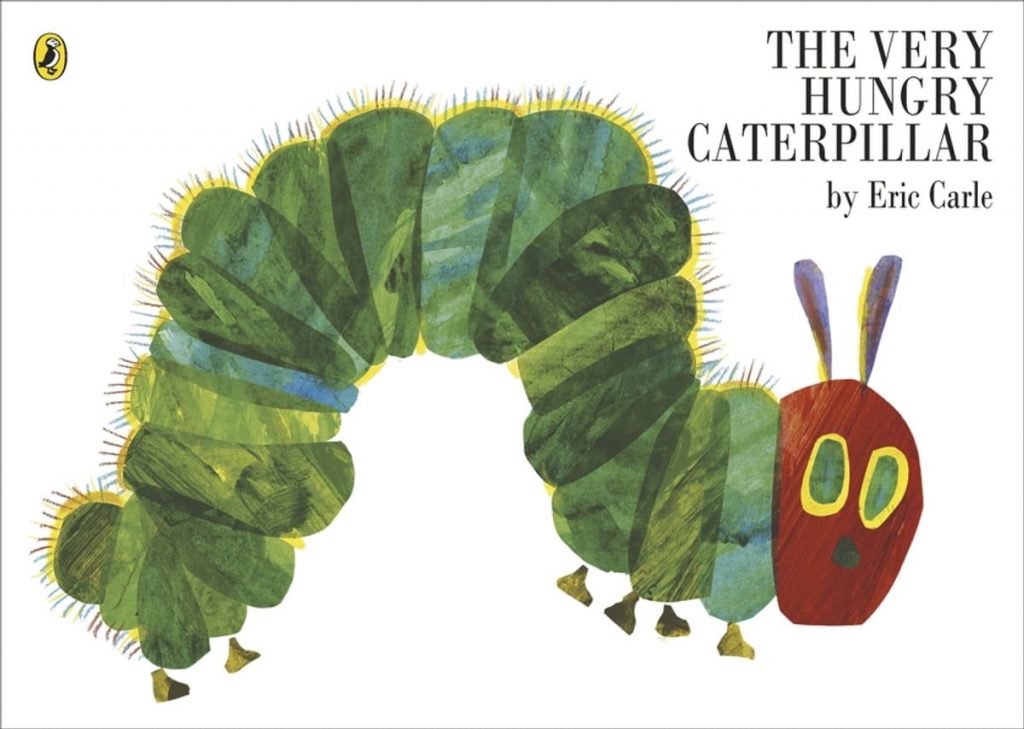
by Eric Carle
Around the world, a copy of A Very Hungry Caterpillar is sold every 30 seconds, and the book has been translated into 62 languages to date. In this popular classic children's book, a caterpillar eats its way through a week's worth of food before making a glorious transformation into a butterfly. The visually stimulating illustrations and simple yet captivating storyline make this book an ideal primer for young readers.
Goodnight Moon
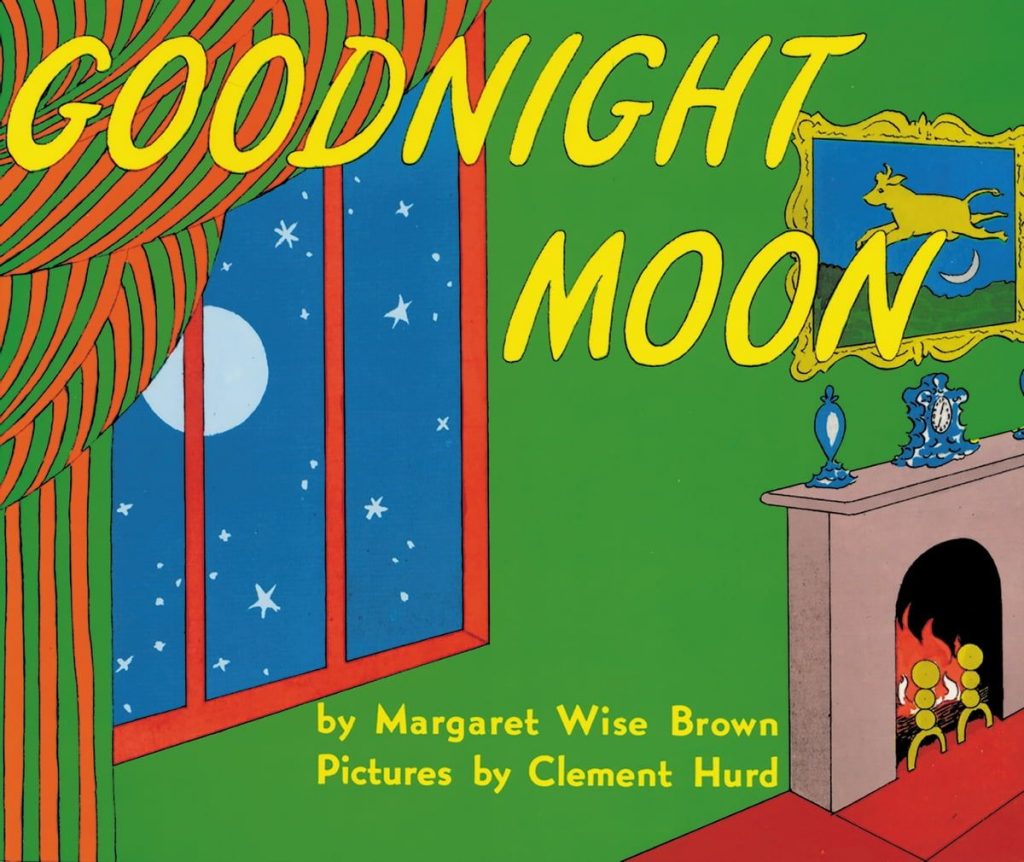
by Margaret Wise Brown
Goodnight Moon is a bedtime classic, cherished through the generations since its publication in 1947. The sweet tale features a young rabbit bidding "good night" to everything around it, both animate and inanimate. The repetitive text is soothing, creating a calming atmosphere that's wonderful for any bedtime routine.
Where the Wild Things Are
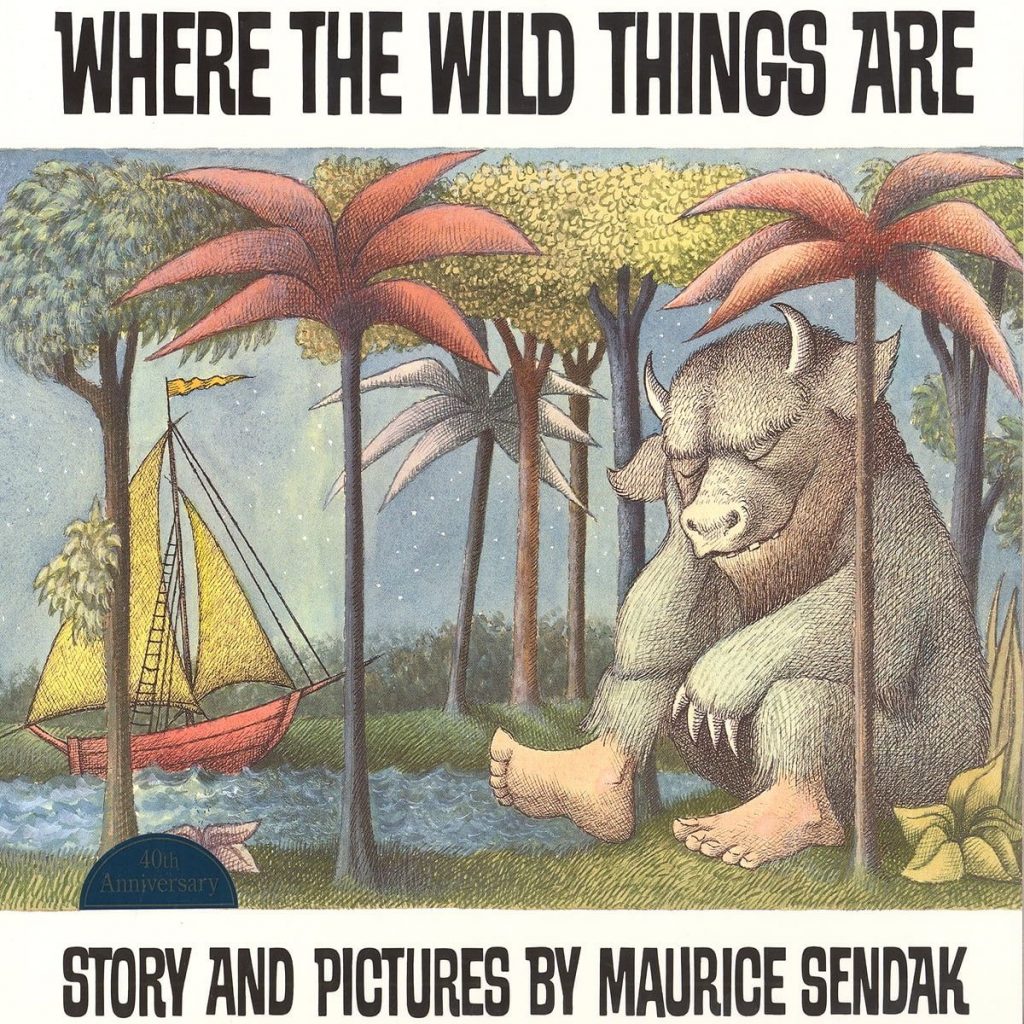
by Maurice Sendak
Honoured with the Caldecott Medal, Where the Wild Things Are is widely considered one of the best children's books of all time. The book follows the journey of Max, a young boy who is sent to bed without supper and subsequently sails to the land of the Wild Things. Beyond this imaginative narrative, the book provides a safe space for children to explore complex feelings like anger and loneliness.
The Snowy Day
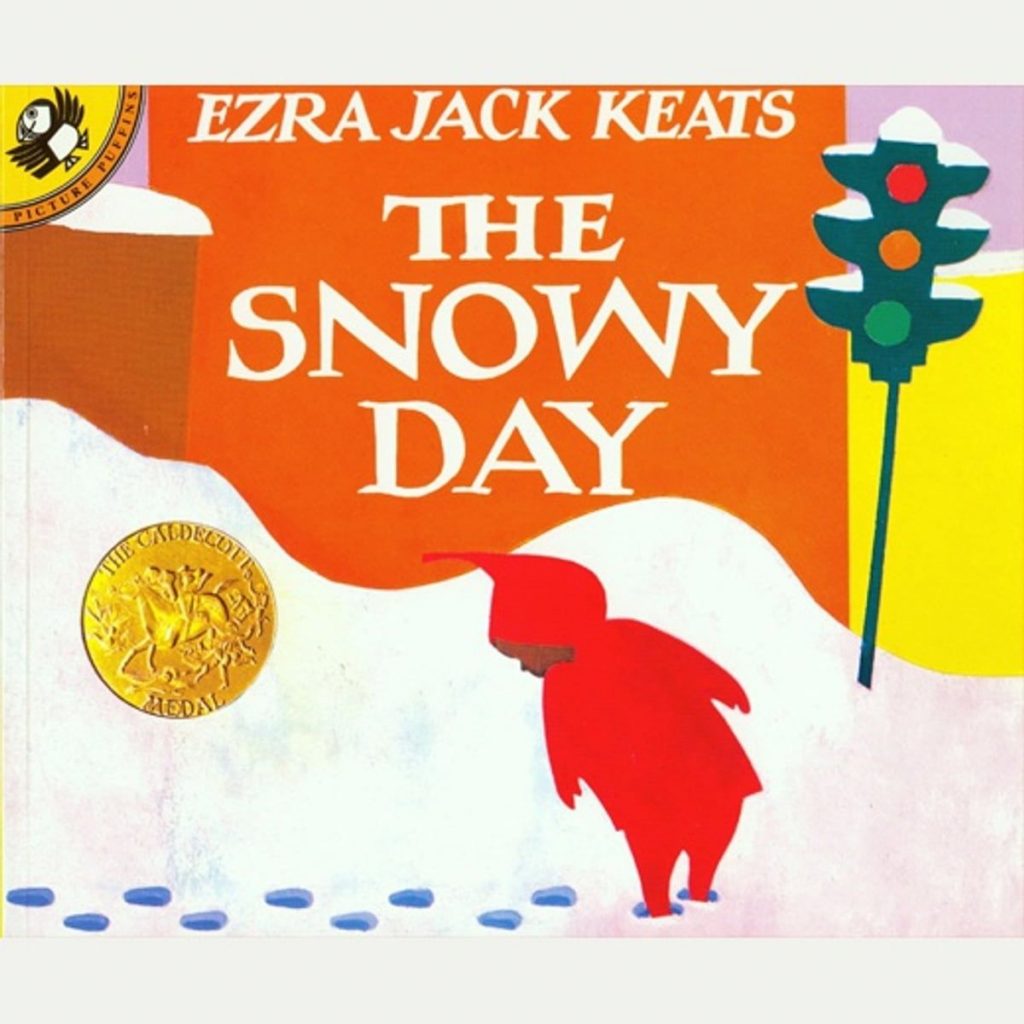
by Ezra Jack Keats
The Snowy Day was a milestone moment for diversity in children's publishing. It portrays the simple joys a young boy experiences as he explores his neighbourhood blanketed in freshly fallen snow. Here, the combination of straightforward text and colourful illustrations make this book a delightful and magical read.
Charlotte's Web
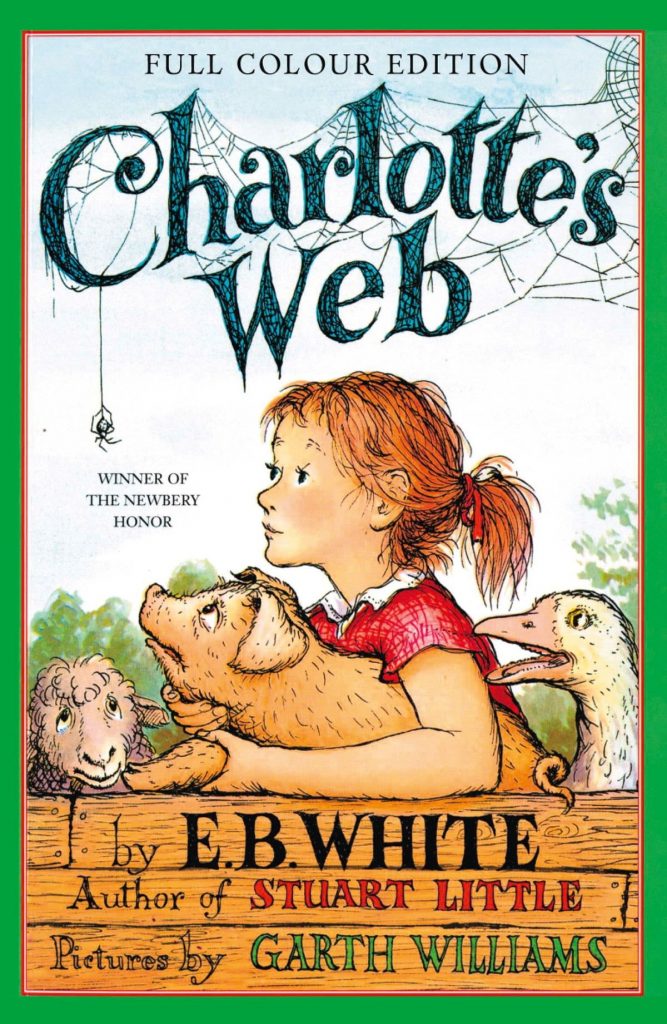
by E.B. White
Finally, I recommend the cultural touchstone Charlotte's Web. As many know, the book navigates the friendship between a pig named Wilbur and a spider named Charlotte, who helps Wilbur avoid becoming dinner. This is a truly timeless story that teaches children about important, enriching themes like friendship, sacrifice, and the cycle of life.
How do you select a good book?
Of course, the books above are just a tiny handful of the great children’s books out there, with more published every year. If you’re not sure how to sort through this multitude and select the right books for your child, here are five qualities I recommend looking out for:
- The book features an important lesson
- The story is easy to follow for your child’s age
- The illustrations are high-quality and professional
- The story is relatable to a wide range of children
- The book can entertain adults at the same time
Reading outside of school
Our primary students do lots of reading in school at King’s InterHigh, but reading outside of the classroom is just as important. Take the summer holidays, for example. A summer reading programme doesn’t just help children maintain their reading skills while school is out; it also helps them improve their development ahead of the new school year.
Here are some great reading activities to try with your child over the school breaks, on weekends, and after school:
- Go digital — explore games, apps, and online reading sites for young readers
- Visit the library to check out books and take part in activities and events
- Encourage reading time each day, even if it’s just for a few minutes
- Read aloud together, and encourage your child to read aloud to you
- Pursue your child’s interests — pick books that stand out to them
- Bake a treat, but let your child read the recipe
- Don’t discount comic books, magazines, and audio books — all reading has value!

Physical books or eBooks?
Which are better? The truest answer is that both eBooks and physical books are valid and valuable. eBooks offer convenience and accessibility, while physical books can be a fully immersive sensory experience.
In my opinion, the best format is the one that helps a child read as much as they want! So, generally speaking, choosing between print and digital is down to personal preference. There is no clear superiority of one format over another.
If you do want to get your child reading a new type of read, try getting them to explore every aspect of a physical book — not just the words on the page. Taking a whiff of an old book is a little like the enjoyment one gets from smelling perfume or flowers. If your child already prefers physical books, consider introducing them to more interactive eBooks. Interactive storytelling (which can include augmented reality (AR), interactive illustrations, and choose-your-own-adventure books) encourage young readers to interact with stories in new ways.
Takeaways
Children who love to read get to feel the joy of being lost in a good book. When the real world falls away and your child gets inside the story, they get to experience new adventures just like they’re the main character.
Plus, studies have shown that books can make us happier, inspire us to travel, and encourage us to make life-changing decisions.
So, don’t feel guilty the next time you spend a little more than you’d planned at the bookstore — science says it’s good for you!
Learn more about our primary curriculum, teaching, and school experience for students aged 7 to 11 years old





